Burundi Tours & Holidays
Small Group Tours & Tailor-Made Holidays
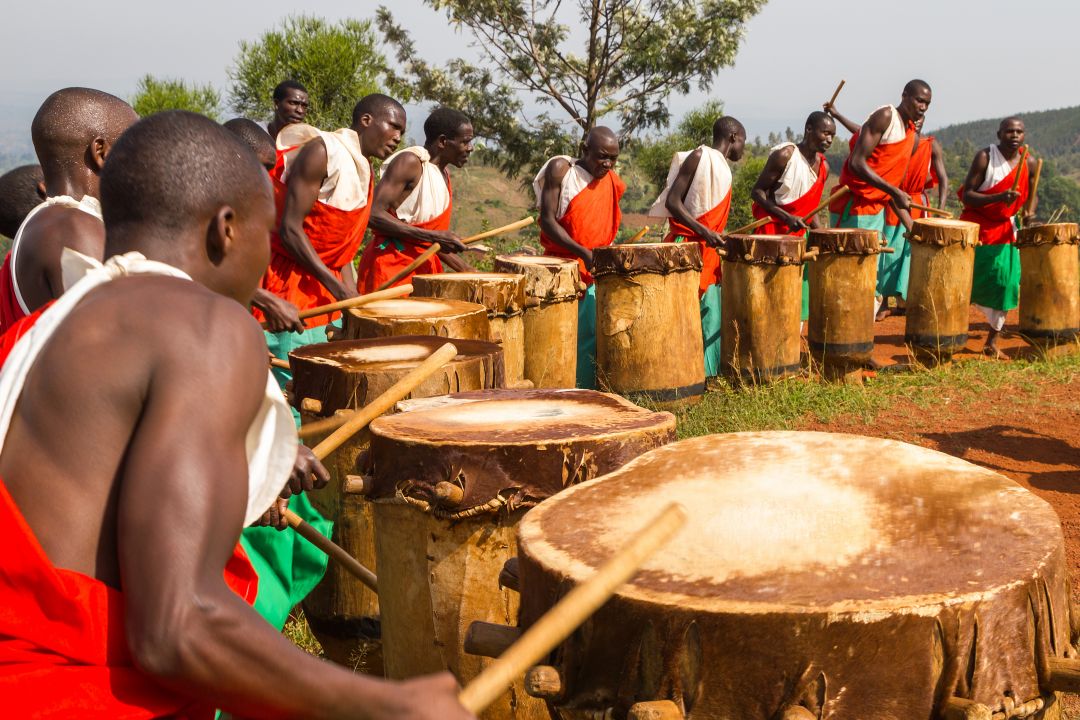
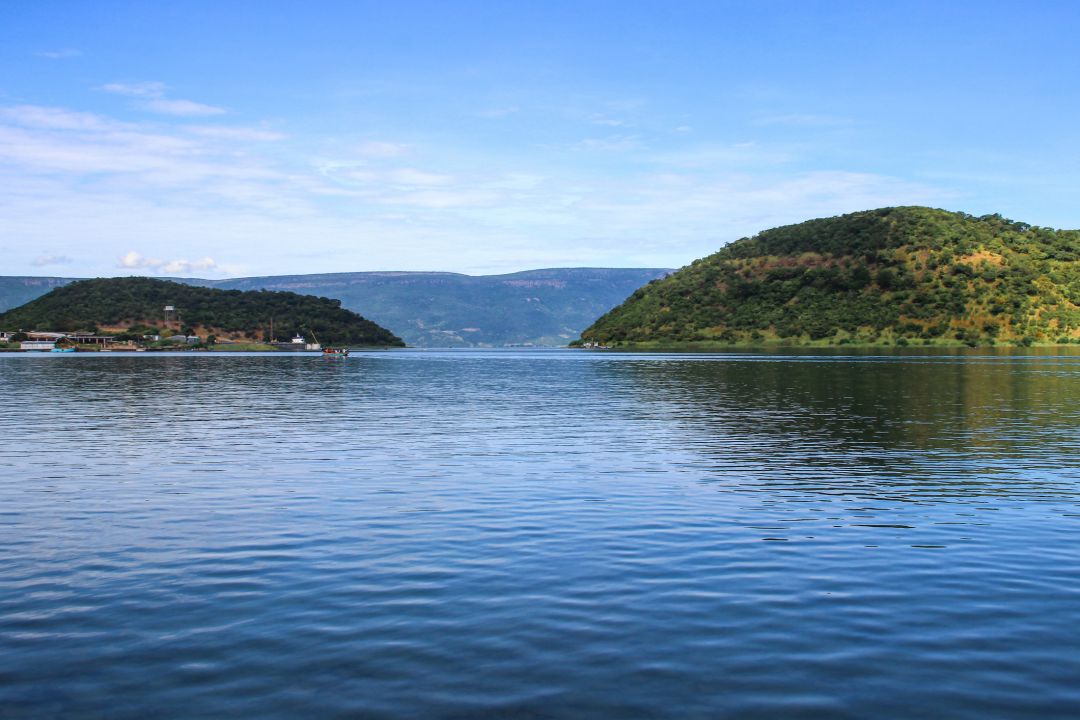
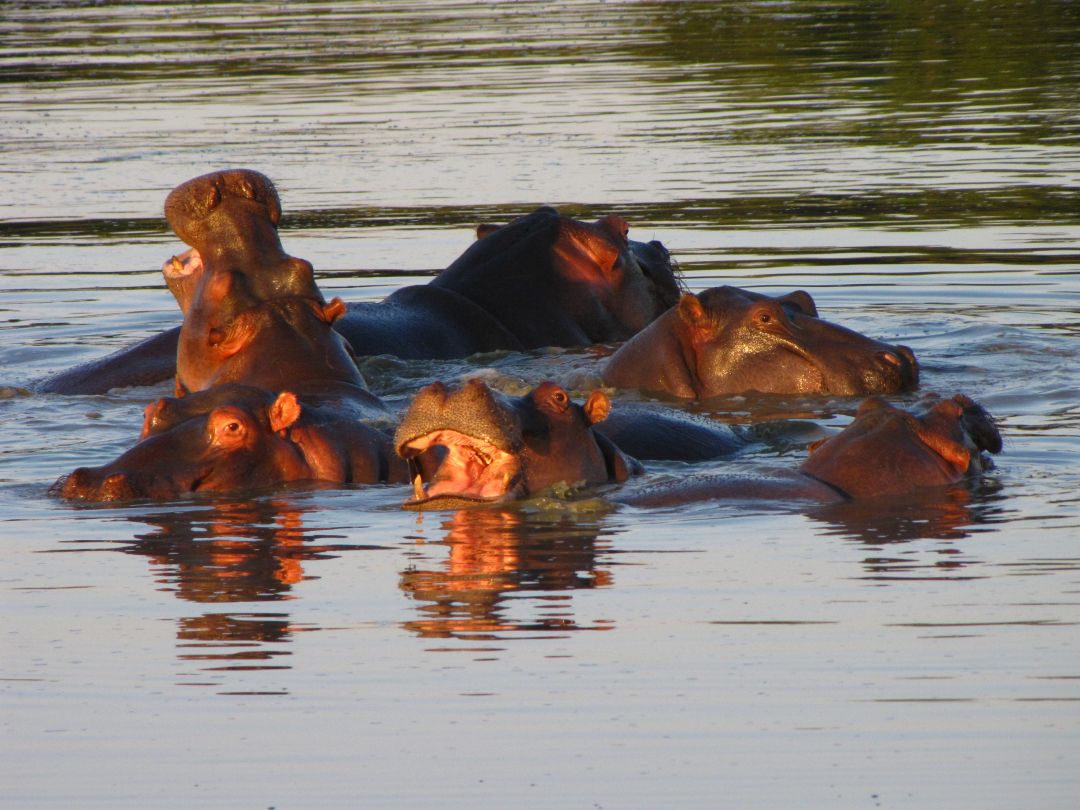
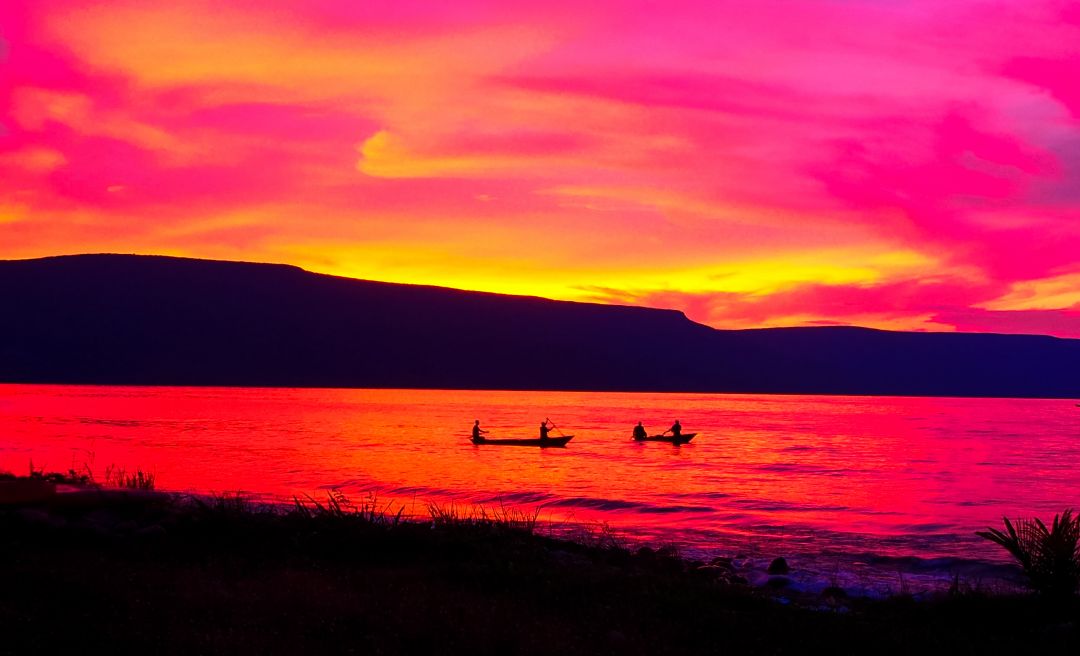
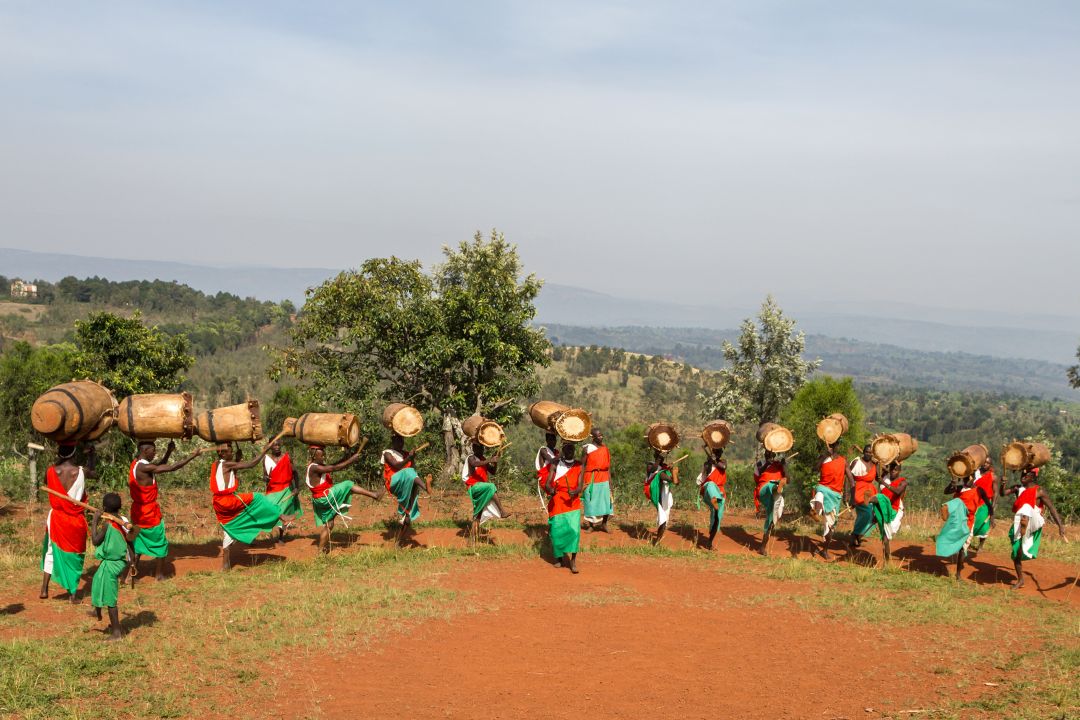
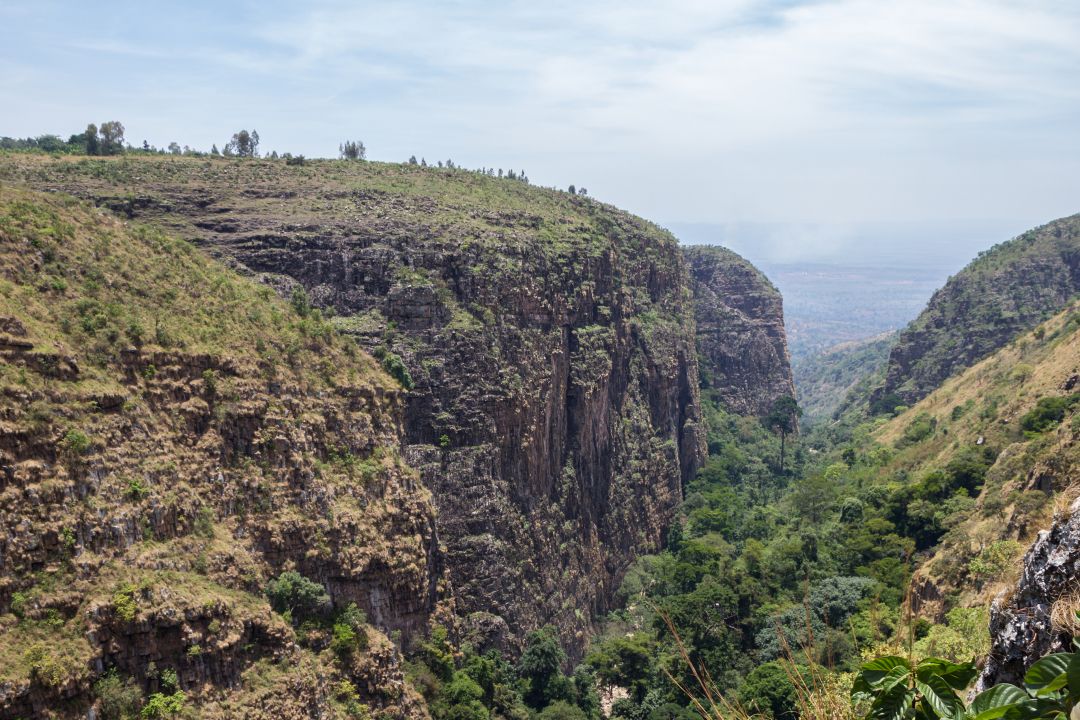
To view images fullscreen please turn device
Overview
Tiny in stature, but big on landscapes, Burundi has largely been forgotten over the years, due in no small part to the violent intertribal conflicts that followed its independence in 1962. With the arrival of peace, it is hoped that this beautiful and little discovered country will begin to flourish once more.
Bordered by Rwanda, Tanzania and the Democratic Republic of Congo, it lies amongst the vast panoramas of the Great Lakes region of East Africa; a land of soaring mountains and ...
Tiny in stature, but big on landscapes, Burundi has largely been forgotten over the years, due in no small part to the violent intertribal conflicts that followed its independence in 1962. With the arrival of peace, it is hoped that this beautiful and little discovered country will begin to flourish once more.
Bordered by Rwanda, Tanzania and the Democratic Republic of Congo, it lies amongst the vast panoramas of the Great Lakes region of East Africa; a land of soaring mountains and captivating lakeside villages that are filled with the irrepressible joie de vivre of its people.
Its old colonial capital is Bujumbura, the country’s largest city and main port. Nestling beside the waters of Lake Tanganyika, it offers visitors some impressive views of the world’s second deepest lake and some of the finest inland beaches anywhere on the African continent. You can paddle dugout canoes across Rwihinda’s Lake of Birds, visit the impressive setting of the Karera Waterfalls, or take a moment to ponder on the spot where Stanley was alleged to have uttered those immortal words…”Dr Livingstone, I presume?”. A visit to the Rusizi National Parc also provides a chance to catch a glimpse of Gustave, the world’s largest man eating Nile crocodile, whilst a performance of the famous Burundi Drummers is the perfect way to experience Burundi’s infectious spirit.
Meet the Experts
Start your journey
Discover more
WHEN TO GO
USEFUL INFORMATION
Health and Vaccinations
Yellow Fever vaccination is mandatory for all visitors to Burundi and you will need to take your vaccination certificate with you. Without it you may well be denied entry to the country. You should also be up-to-date with Typhoid, Tetanus, Polio and Hepatitis A. Malaria is present throughout Burundi so anti-malarial tablets are usually advised. Please note we are not medical professionals and so we highly recommend you seek advice from your local GP or travel centre as to the correct immunisations and preventative treatments.
Currency
In Burundi the official unit of currency is the Burundian Franc. This is a closed currency and can only be exchanged in country.
To check out the latest exchange rate for the places that you are visiting you can go to www.oanda.com.
Cultural Sensitivity
On our tours you will frequently interact with local people, each with their own distinct customs and traditions. We therefore ask you to be considerate and to treat them with respect. Your tour-leaders and guides will always be able to advise you accordingly.
Language & Religion
The official languages of Burundi are Kirundi and French. Swahili is spoken by some of the population. Approximately 60% of people in Burundi are Christian with the rest of the population following traditional beliefs and Islam.
Time
Burundi is 2 hours ahead of GMT.
A useful website to check the time zone differences is www.worldtimezone.com.
Food and drink
In Burundi, the staple foods are maize, rice, sweet potatoes, beans, bananas, plantains, tomatoes, onions and sometimes fish. Many restaurants and hotels will serve French influenced cuisine, but in the more remote areas more traditional meals may well be served.
Breakfast will usually be continental style, with sliced bread/rolls with cheese, ham/salami and jam plus coffee/tea. Lunch and dinner consist mainly of local specialties consisting of meat, poultry, or fish with vegetables, rice, potatoes or 'Foufou', a local side dish made of the manioc plant.
Sweet deserts are not common outside of the major cities and mainly consist of fresh fruit.